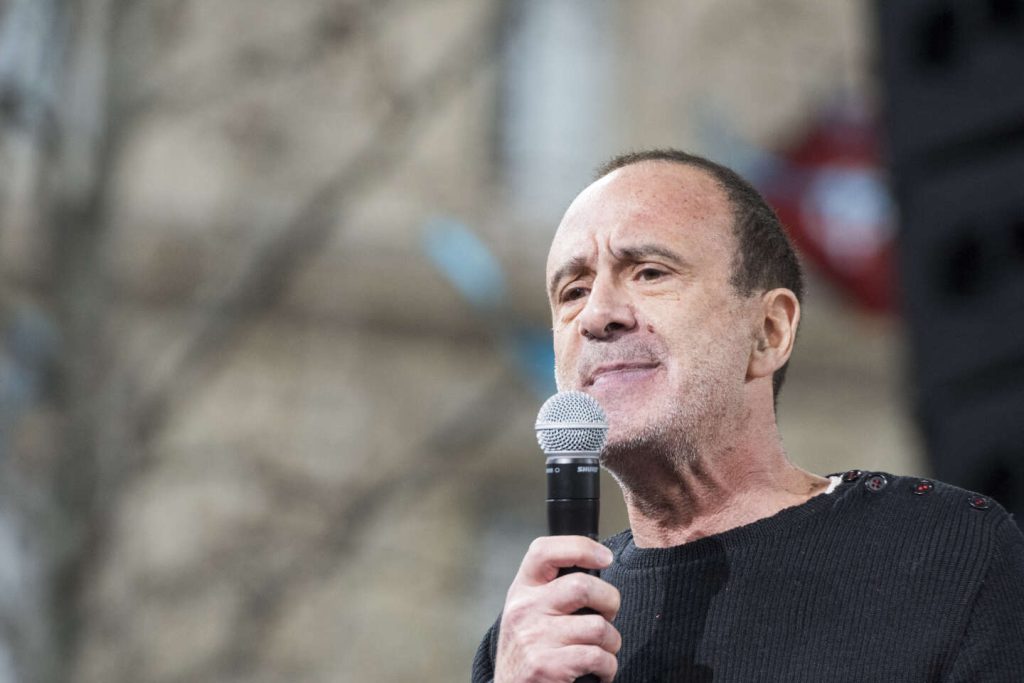The recent accusations of sexual violence and assaults made by around sixty women against the psychoanalyst Gérard Miller have shocked us. As practicing psychoanalysts and clinical psychologists for twenty years in various settings, we feel compelled to speak out about this issue. Despite the current silence from many in the psychoanalytic community, we believe it is important to address the distinction between analytic practice and the abuse of power. While we do not wish to interfere with the legal process, we feel a responsibility to engage with the societal impact of these testimonies, particularly in light of the #metoo movement.
Numerous women, some of whom were minors at the time of the incidents, have come forward with accounts of being subjected to hypnosis by the popular and media-savvy psychoanalyst in his home-office, leading to sexual violence and rape. These revelations raise important questions about the ethics of psychoanalytic practice and the boundaries between therapy and abuse. Gérard Miller’s participation in a televised discussion on sexual violence shortly before the accusations against him became public further adds to the confusion, highlighting the need to clarify the distinctions between public discourse and personal conduct.
Following the public disclosure of the allegations and the opening of a preliminary investigation, Gérard Miller has resigned from the psychoanalytic institutions he was associated with, signaling the untenable nature of his position. This development prompts a critical reflection on the ethical foundations of psychoanalytic practice and the responsibilities that come with it. As professionals in the field, we must hold ourselves to the highest standards of ethical conduct, especially in moments of crisis that challenge the integrity of our profession.
The ethical framework of psychoanalysis requires acknowledgment of the ways in which analysts and clinicians are inherently connected to the social context and influenced by societal norms and biases. Understanding and recognizing this connection is essential for engaging in self-reflective practices that examine the impact of these external forces on our therapeutic interventions. By acknowledging our embeddedness in society, we can begin to address the complex ethical issues raised by cases like Gérard Miller’s and work towards ensuring that our profession upholds the values of respect, integrity, and accountability.
In light of the profound implications of these testimonies and the broader societal conversation surrounding sexual violence and abuse, it is incumbent upon us as practitioners to actively engage in ethical dialogue and reflection. The current situation demands a critical examination of power dynamics within psychoanalytic relationships, the importance of informed consent and boundaries, and the ethical responsibilities of professionals working in the field. By confronting these difficult questions head-on, we can strive towards a more ethical, accountable, and compassionate practice of psychoanalysis that prioritizes the well-being and autonomy of clients.
As the testimonies continue to emerge and the legal process unfolds, it is crucial for the psychoanalytic community to demonstrate a commitment to transparency, accountability, and ethical integrity. By engaging in open conversations about the complexities of power and privilege within the therapeutic relationship, we can work towards creating a more inclusive and equitable practice that prioritizes the safety and well-being of those we serve. Ultimately, our profession must actively confront and address the ethical challenges raised by cases like Gérard Miller’s in order to uphold the values and principles that underpin ethical psychoanalytic practice.















